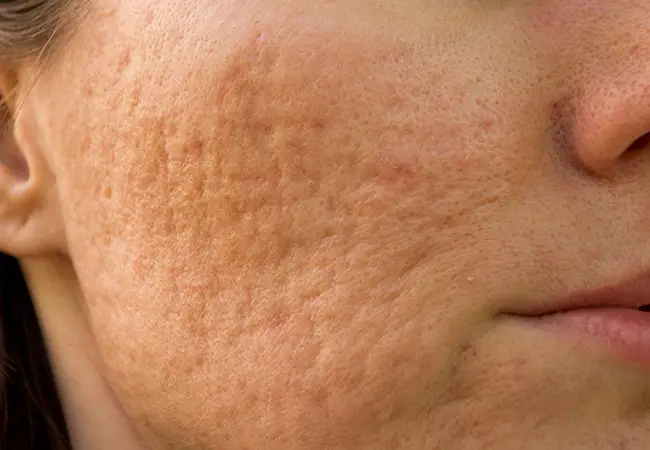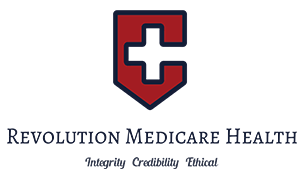Acne Treatment In Pune

Acne is a skin condition that occurs when your hair follicles become plugged with oil and dead skin cells. It often causes whiteheads, blackheads or pimples, and usually appears on the face, forehead, chest, upper back and shoulders. Acne is most common among teenagers, though it affects people of all ages.
Acne signs and symptoms vary depending on the severity of your condition:
- Whiteheads (closed plugged pores)
- Blackheads (open plugged pores)
- Small red, tender bumps (papules)
- Pimples (pustules), which are papules with pus at their tips
- Large, solid, painful lumps beneath the surface of the skin (nodules)
- Painful, pus-filled lumps beneath the surface of the skin (cystic lesions)
Four main factors cause acne:
- Excess oil production
- Hair follicles clogged by oil and dead skin cells
- Bacteria
- Excess activity of a type of hormone (androgens)
Risk factors for acne include:
- Age. People of all ages can get acne, but it’s most common in teenagers.
- Hormonal changes. Such changes are common in teenagers, women and girls, and people using certain medications, including those containing corticosteroids, androgens or lithium.
- Family history. Genetics plays a role in acne. If both parents had acne, you’re likely to develop it, too.
- Greasy or oily substances. You may develop acne where your skin comes into contact with oily lotions and creams or with grease in a work area, such as a kitchen with fry vats.
- Friction or pressure on your skin. This can be caused by items such as telephones, cellphones, helmets, tight collars and backpacks.
- Stress. Stress doesn’t cause acne, but if you have acne already, it may make it worse.
If you’ve tried over-the-counter (nonprescription) acne products for several weeks and they haven’t helped, your doctor can prescribe stronger medications.
A Plastic Surgeon can help you:
- Control your acne
- Avoid scarring or other damage to your skin
- Make scars less noticeable
Talk with your Plastic Surgeon about the Acne treatment, risks and benefits of medications and other surgical treatments you are considering.
